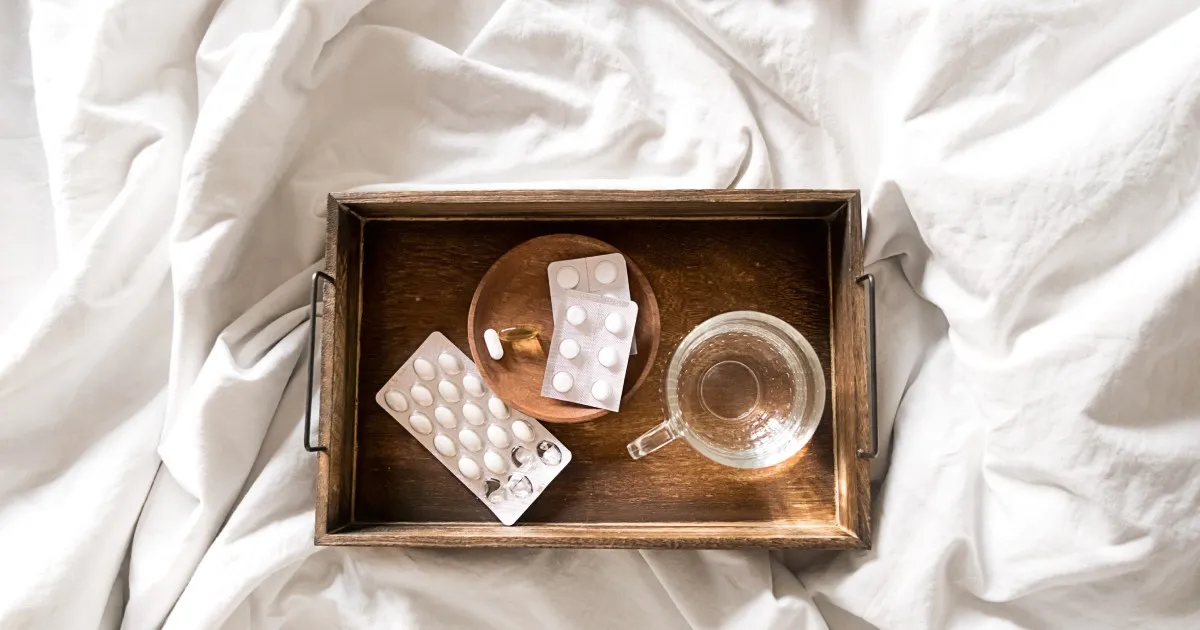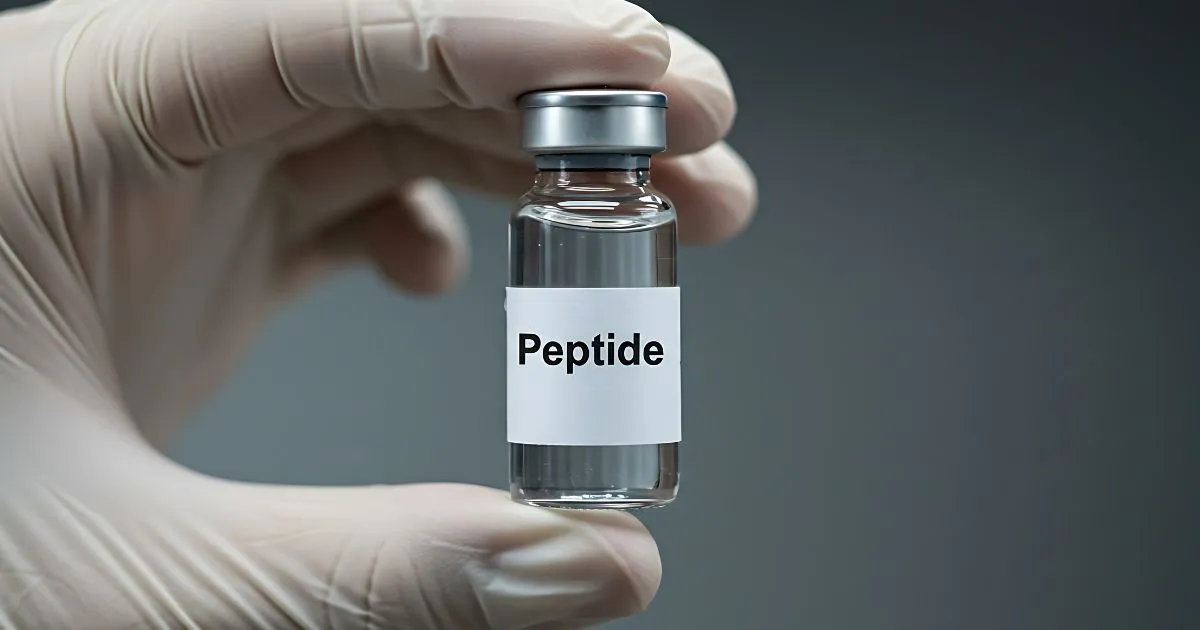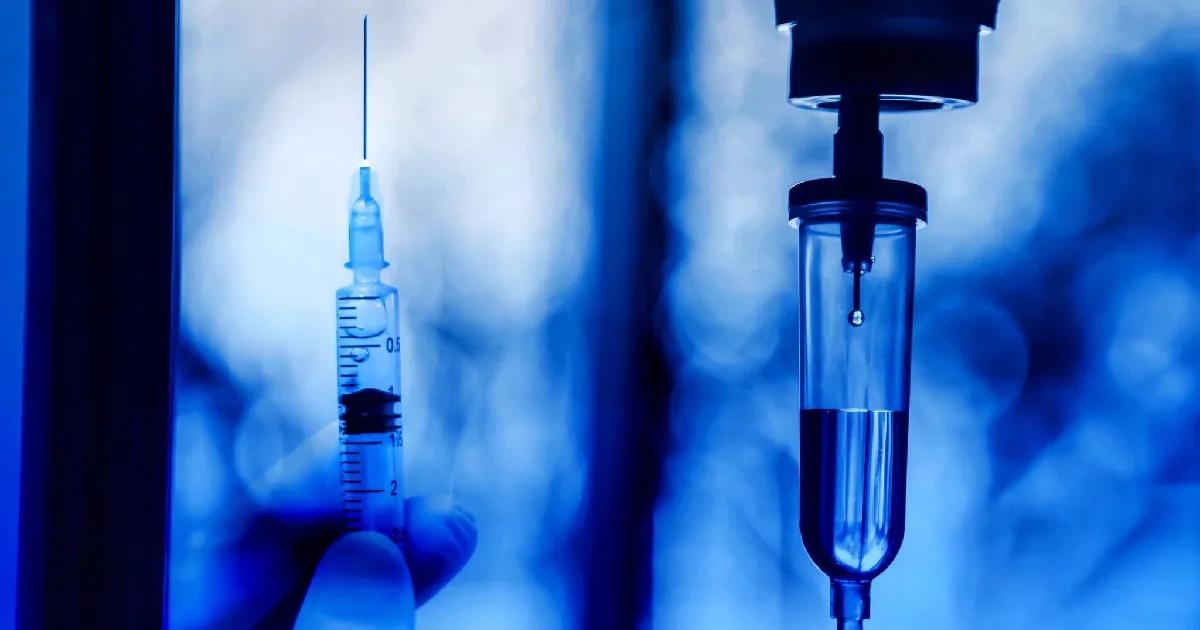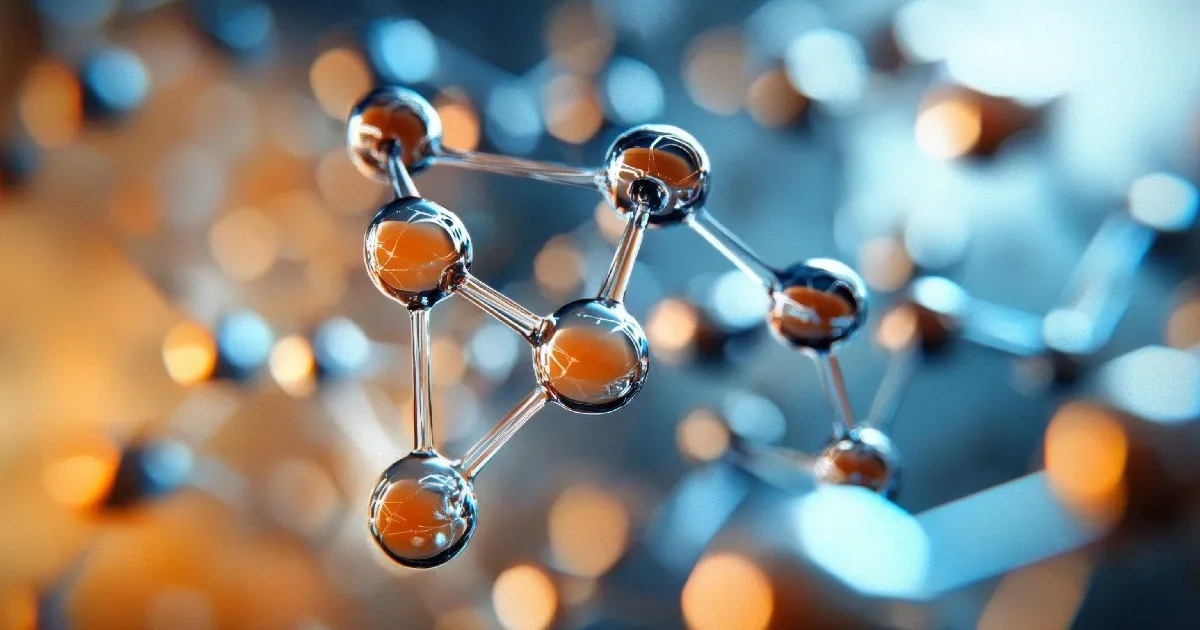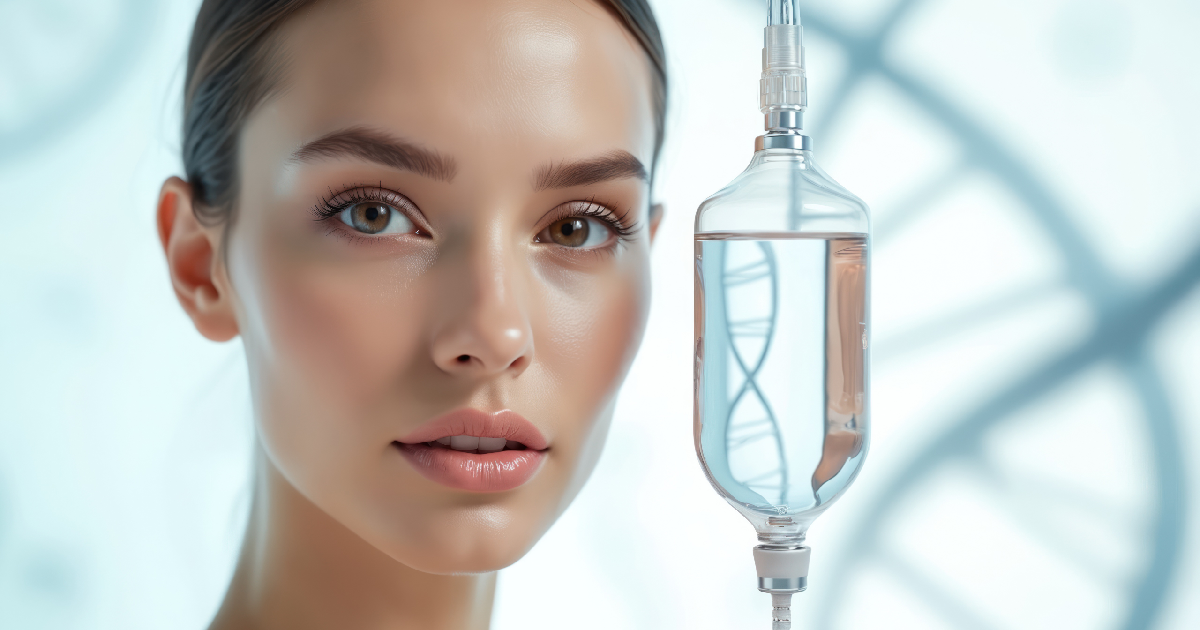Peptide therapy is a rapidly growing field in medical science, focusing on using short chains of amino acids, known as peptides, for various health benefits. These peptides, already present in our bodies, play critical roles in many biological functions. The therapy involves synthesizing specific peptides and administering them to target particular health issues. This can range from enhancing skin health to treating severe diseases like cancer and diabetes. Peptide therapy offers a promising alternative to conventional treatments, often with fewer side effects.
What are Peptides?
Peptides are small chains of amino acids, the building blocks of proteins essential for the human body. Unlike proteins, which consist of long chains of these amino acids, peptides are much shorter. This small size allows them to be more easily absorbed by the body and to interact effectively with various biological processes.
In our bodies, peptides play several crucial roles. They act as signaling molecules, communicating between cells and instructing them to perform specific functions, like healing, growth, or fighting infection. Some peptides regulate hormones, impacting metabolism, growth, and mood.
Mechanisms of Peptide Therapy
Peptide therapy operates by utilizing the unique interactions of peptides with the body’s cells and systems. These small chains of amino acids are adept at binding to receptors on the surfaces of cells. This binding triggers specific cell reactions, like turning a key in a lock. Once activated, these receptors can initiate various responses, from altering cell behavior to modifying immune responses.
The science behind these mechanisms is deeply rooted in cellular communication. When a peptide binds to a receptor, it can activate or inhibit certain pathways within the cell. For instance, some peptides stimulate a pathway that promotes healing and tissue regeneration. Others might block pathways that lead to inflammation or disease progression.
One of the most significant aspects of peptide therapy is its specificity. Unlike broader-acting drugs, peptides can be designed to target specific pathways with minimal impact on others, reducing the likelihood of side effects. This precision is due to the unique shapes and sequences of amino acids in each peptide, which determine their interaction with different cellular receptors.
Types of Peptide Therapy
Peptide therapy comes in various forms, each designed to target specific areas of health and wellness. Here’s a breakdown of the types we offer:
- Peak Performance: The Do It All
- This therapy is a comprehensive solution aimed at enhancing overall bodily functions. It’s designed for those seeking a boost in energy, improved recovery times, and better physical performance. Ideal for active individuals, this therapy supports the body’s natural ability to maintain peak conditions.
- Powerhouse (BPC-157): Strength
- BPC-157 is known for its remarkable healing properties. This peptide is focused on strengthening the body, particularly in healing tissues like muscles, tendons, and ligaments. It’s a go-to option for those recovering from injuries or wanting to fortify their body against physical stress.
- Sun-Kissed (Melanotan II): Vitamin Sea
- Melanotan II is a peptide used primarily for its skin-enhancing benefits. It stimulates melanin production, leading to a deeper, more natural tan. This therapy is perfect for those looking to achieve a sun-kissed look safely without excessive UV exposure.
- Luminous (GHK-Cu): Stay Radiant
- GHK-Cu is a peptide renowned for its skin rejuvenation properties. It aids in reducing signs of aging, improving skin elasticity, and promoting a radiant complexion. This therapy is suited for individuals looking to maintain youthful, glowing skin.
Benefits of Peptide Therapy
Peptide therapy offers a range of benefits, primarily due to its targeted approach and compatibility with the body’s natural processes. Some of the key advantages include:
- Immune System Support: Some peptides are crucial in bolstering the immune system. They can help fight infections and diseases by enhancing the body’s natural immune response, offering protection against various pathogens.
- Neuroprotective Effects: Certain peptides have shown potential in protecting brain cells and improving cognitive functions. This can be particularly beneficial in age-related cognitive decline or conditions like Alzheimer’s and Parkinson’s disease.
- Cardiovascular Health: Peptides may contribute to heart health by supporting the repair of vascular tissues and improving blood circulation. This can lead to a reduced risk of heart disease and better overall cardiovascular health.
- Gastrointestinal Health: Peptides like BPC-157 have shown positive effects on gastrointestinal health, aiding in healing ulcers, improving digestive functions, and reducing inflammation in the gut.
- Mood and Sleep Improvement: Some peptides can influence neurotransmitter levels, which may help in managing mood disorders, reducing symptoms of depression and anxiety, and improving sleep quality.
- Longevity and Anti-Aging: Beyond skin rejuvenation, specific peptides contribute to longevity by protecting cells from damage, reducing inflammation, and enhancing cellular repair processes.
- Precision and Personalization: The ability to tailor peptide therapy to individual needs is a significant benefit. This personalization ensures that treatment aligns with specific health goals or medical conditions.
- Complementary Treatment: Peptide therapy can be used alongside other treatments to enhance their effectiveness or mitigate side effects, making it a versatile tool in comprehensive health management.
Are Peptides Safe?
Peptides, being naturally occurring compounds in the body and found in many foods, are generally considered safe, especially when used under medical supervision. The FDA’s approval of medical peptides for use in healthy individuals further underscores their safety profile. This regulatory endorsement indicates that these peptides have undergone rigorous testing to ensure they meet safety standards.
The safety of peptides is also rooted in their natural presence in the body, which means they are less likely to cause adverse reactions compared to synthetic drugs. The body recognizes and processes them in a way that’s consistent with its normal functioning. This natural compatibility reduces the likelihood of side effects, making peptides a safer option for many people.
Takeaway
Ready to experience the transformative power of peptide therapy? Visit The Drip Lounge, your destination for cutting-edge health and wellness treatments. Our expert team is dedicated to guiding you through a personalized journey toward optimal health using the latest peptide therapy. Whether you are seeking enhanced physical performance, skin rejuvenation, or overall wellness, The Drip Lounge offers a tailored solution. Be sure to unlock your body’s full potential. Contact us to experience the best vitamin drip and other services.


